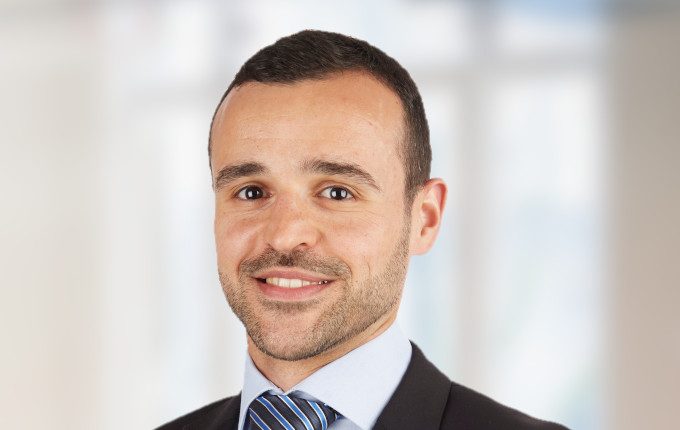In part II of the interview with Spiros Deftereos, he gives the lie to a perception that superannuation funds do not or will not invest in Australia’s residential sector.
Register to Access this Exclusive [i3] Insights Article
Create a free account to access exclusive interviews with asset owners, revealing insights on investment strategies, market trends, and portfolio allocations.
If you already have an account you can Login .
If you have any issues registering an account please send us an email at [email protected].

